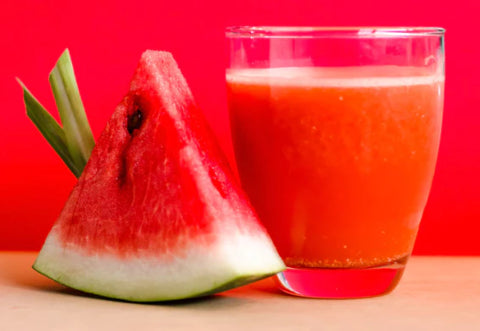Why Does My Period Get Worse in The Summer?
Written by Cinestie Olson
Summertime can be an exciting season for most of us. The sun is out longer, we’re more likely to go outside, and we have more time to do our favorite activities! However, summer can bring on more sweat, more heat, and more dehydration - now add periods on top of that. Ever feel like your periods are just more difficult in the summer? Or what about the intense bloating? The answer to your questions might be that hot weather can actually affect your period and period symptoms.
Bloating and Headaches
At the beginning of our menstrual cycles, your hormonal changes can make you more prone to dehydration. Now add summer - AKA heat - to the mix. You’re more likely to be dehydrated in warmer temperatures, and your body will swell to hold as much water as it can.
Dehydration can also make you feel lightheaded and achy. This is because our blood vessels swell in the heat, too! Thankfully, staying hydrated and drinking at least 2 liters of water a day can help you stay hydrated and lessen these period symptoms.
Acne
65% of period-havers have said that their period acne gets worse in the summertime. The heat makes you sweat more and produce more oil, which is the perfect combination for clogged pores. During your luteal phase, your estrogen and progesterone levels drop and trigger your sebaceous glands (the glands that produce oil in your skin).
To help period acne this summer, try an oil-free cleanser, as well as a glycolic acid exfoliator, which can help remove dead skin!
Tiredness
While we can appreciate the sun staying out longer and curing our winter blues, it can actually affect your energy levels in the summer. Longer days can make your body produce less melatonin, which is the hormone that signals your body needs sleep. Add this with our rapidly changing hormones that cause fatigue, and we have a perfect cocktail for needing more sleep!
Before bed, try taking a cool shower and closing your curtains to make your room darker. This can help your body respond to the lack of light and produce more melatonin!

0 Comments
There are no comments yet. Be the first one to post one!